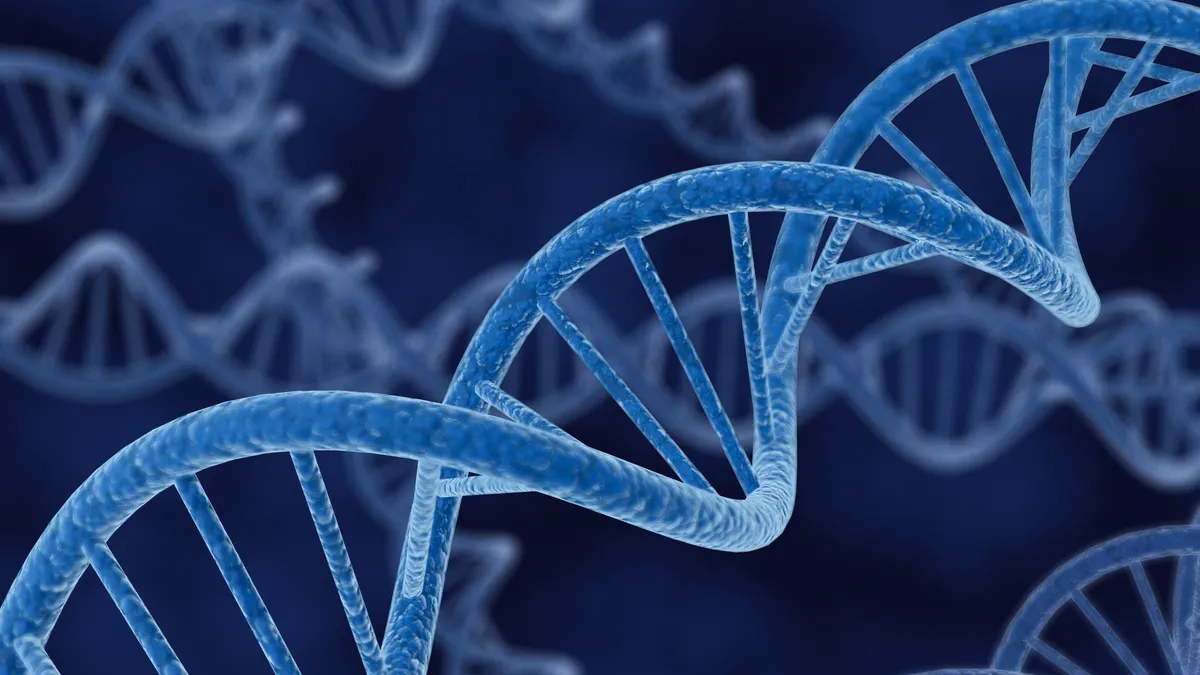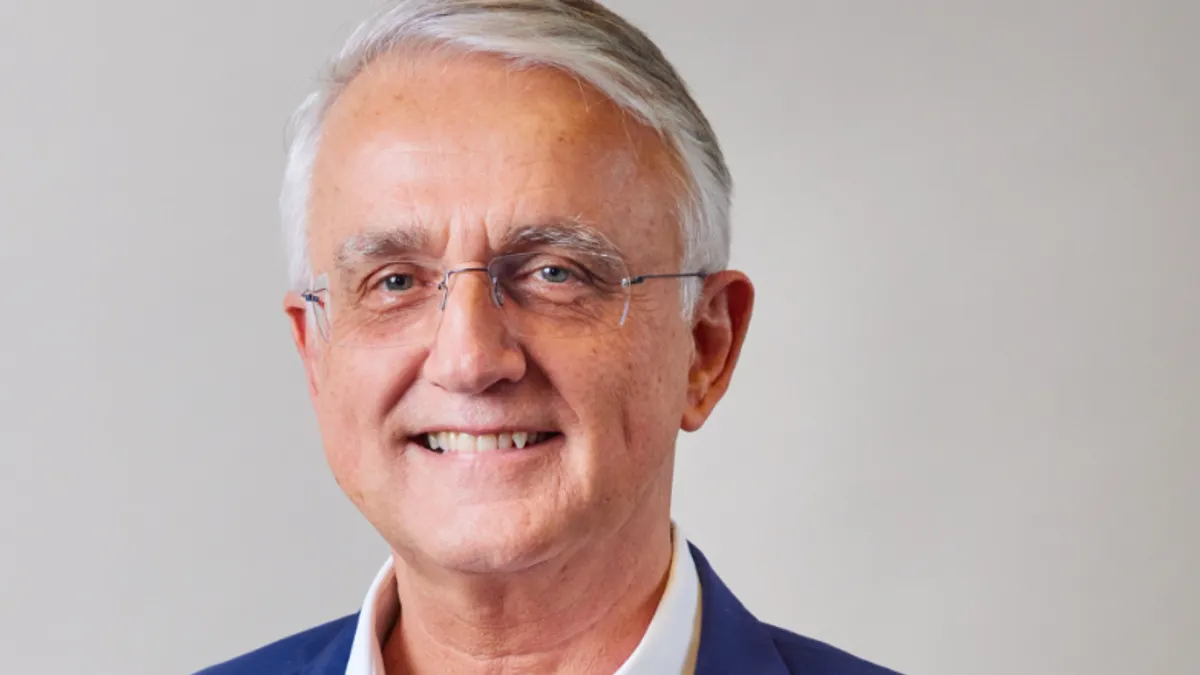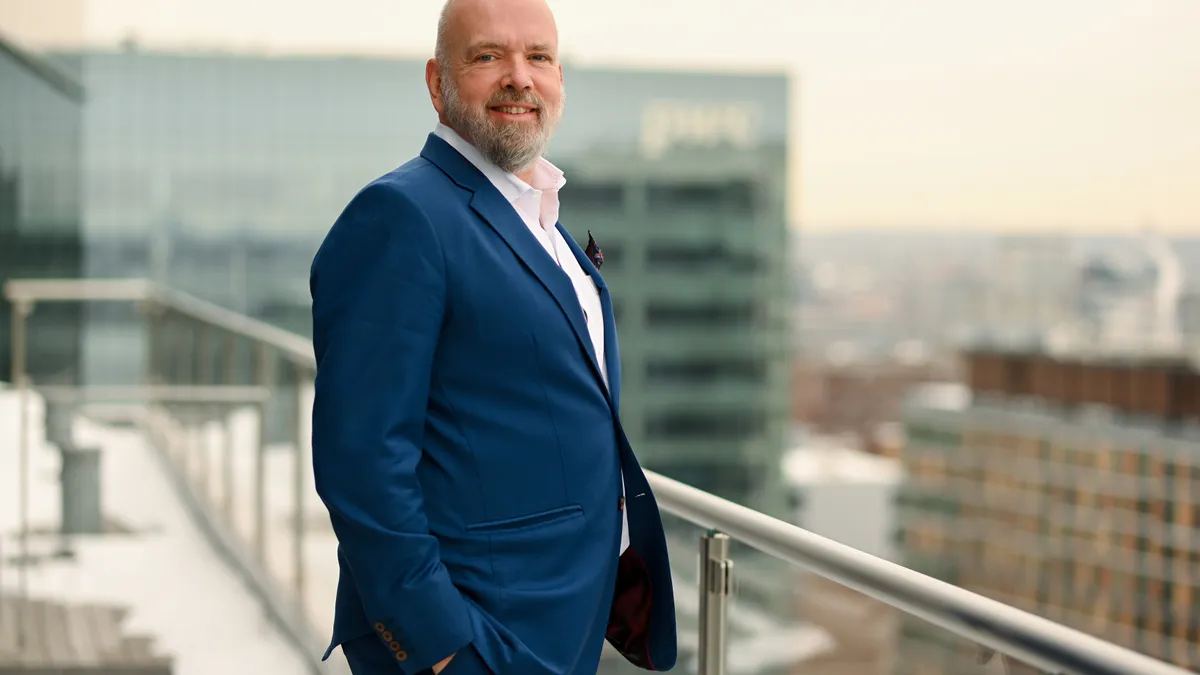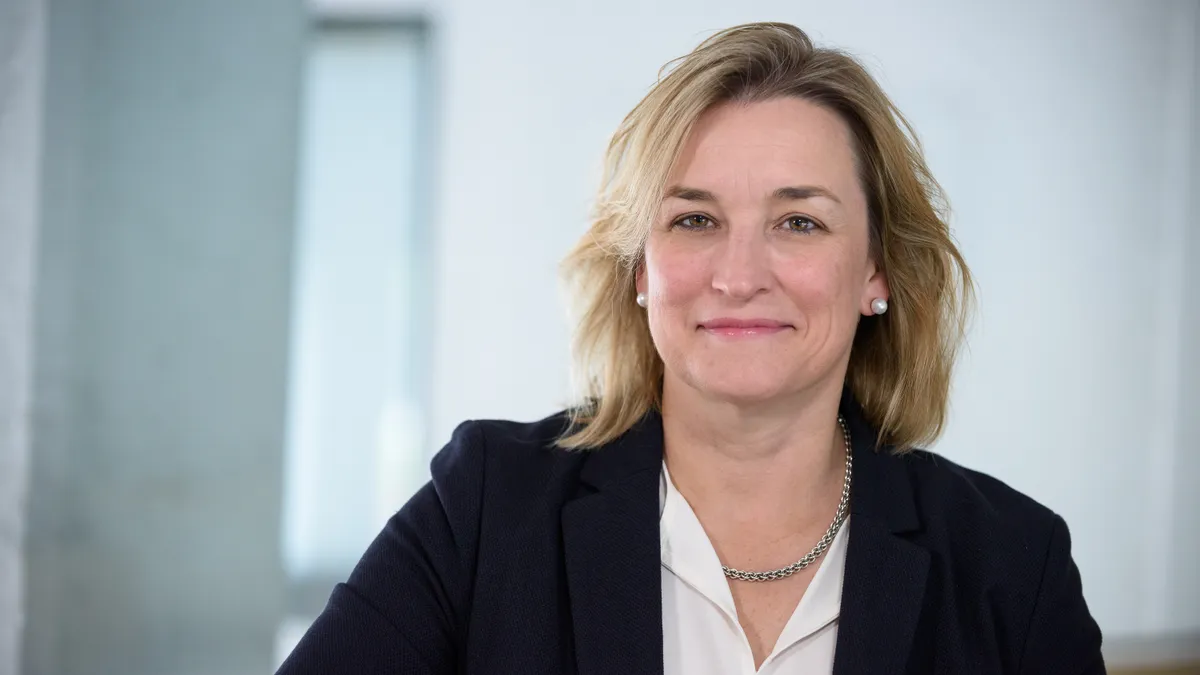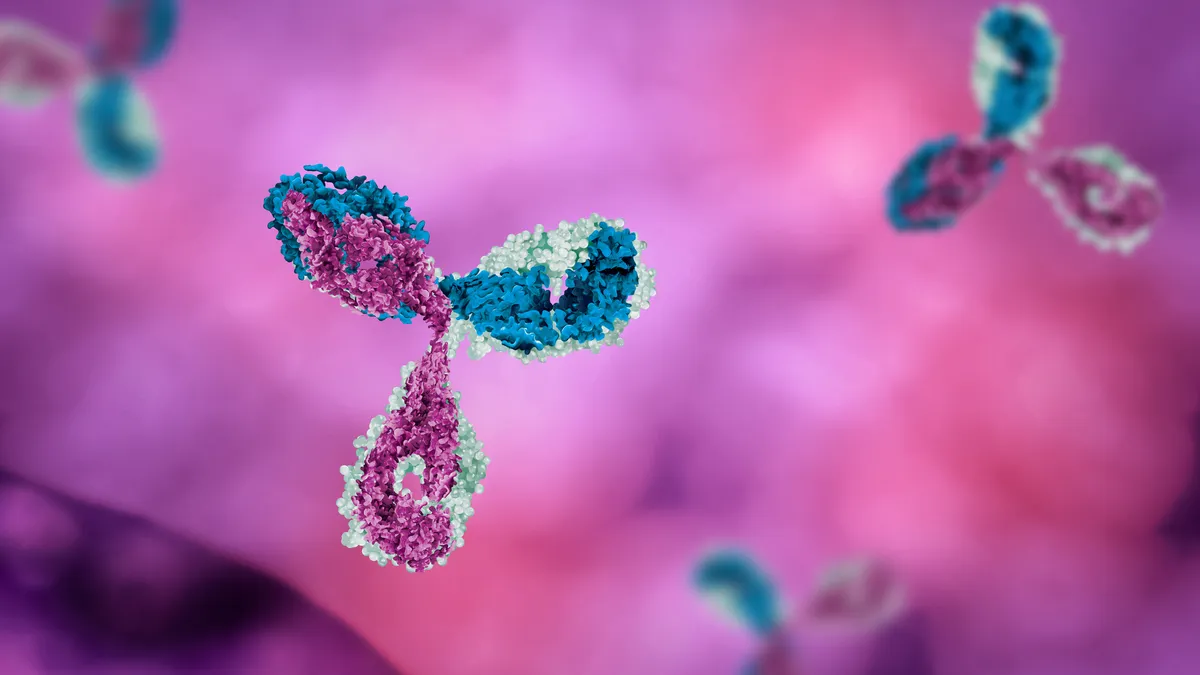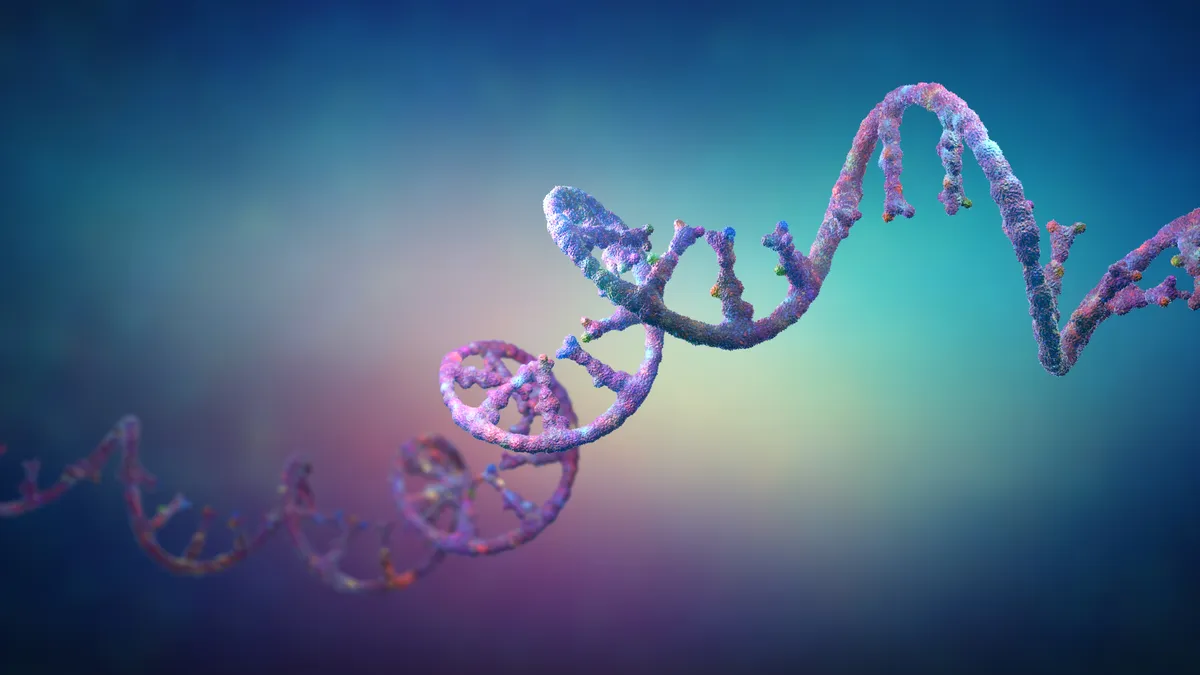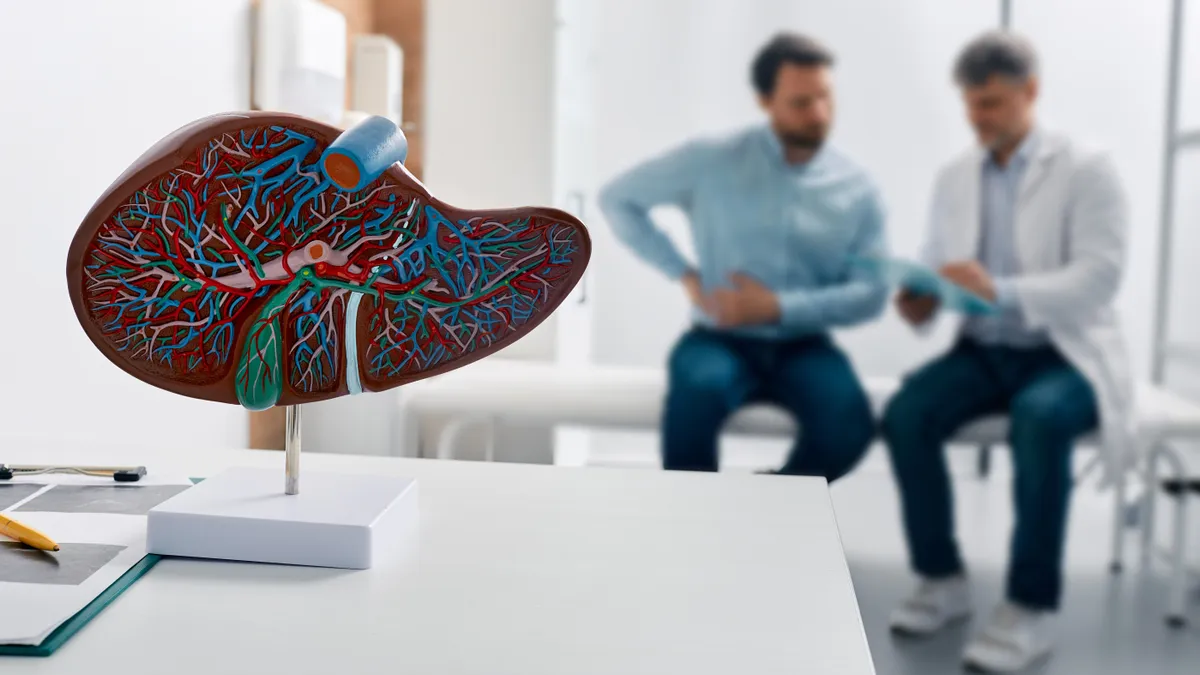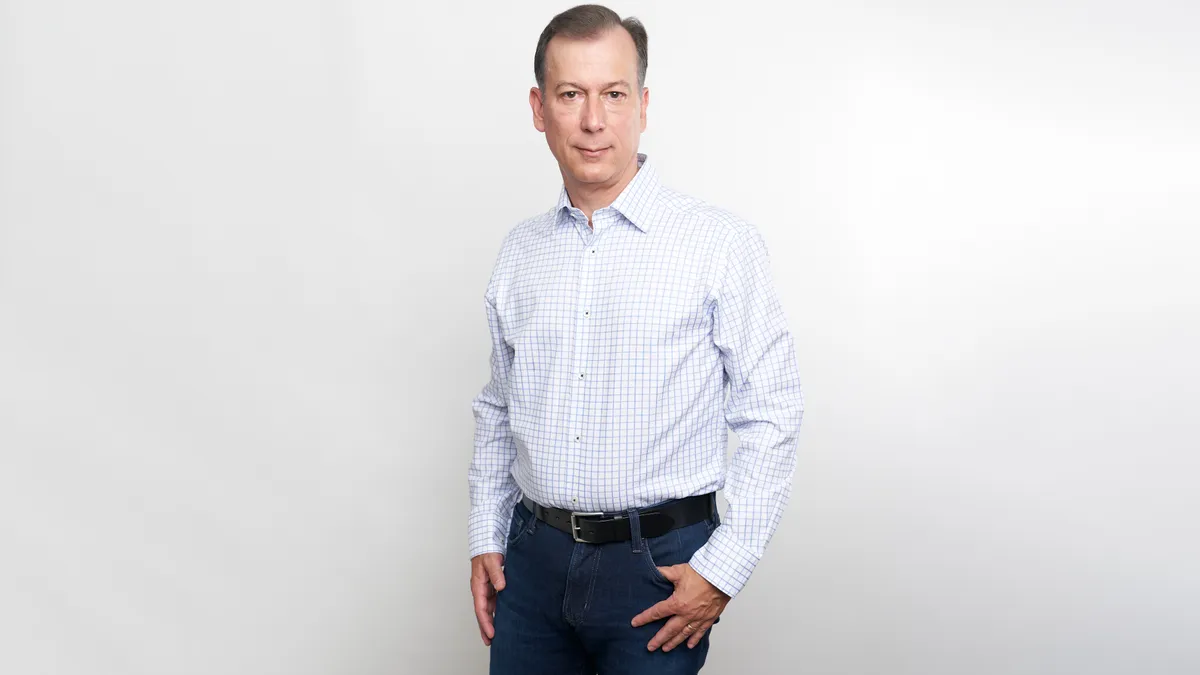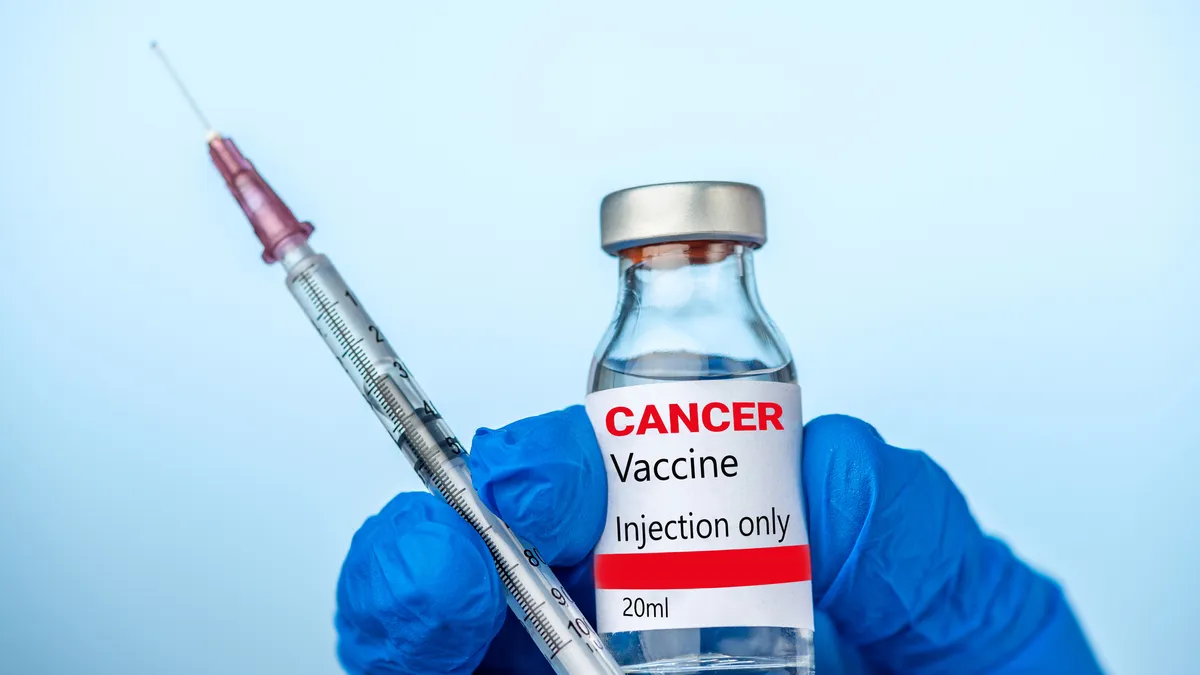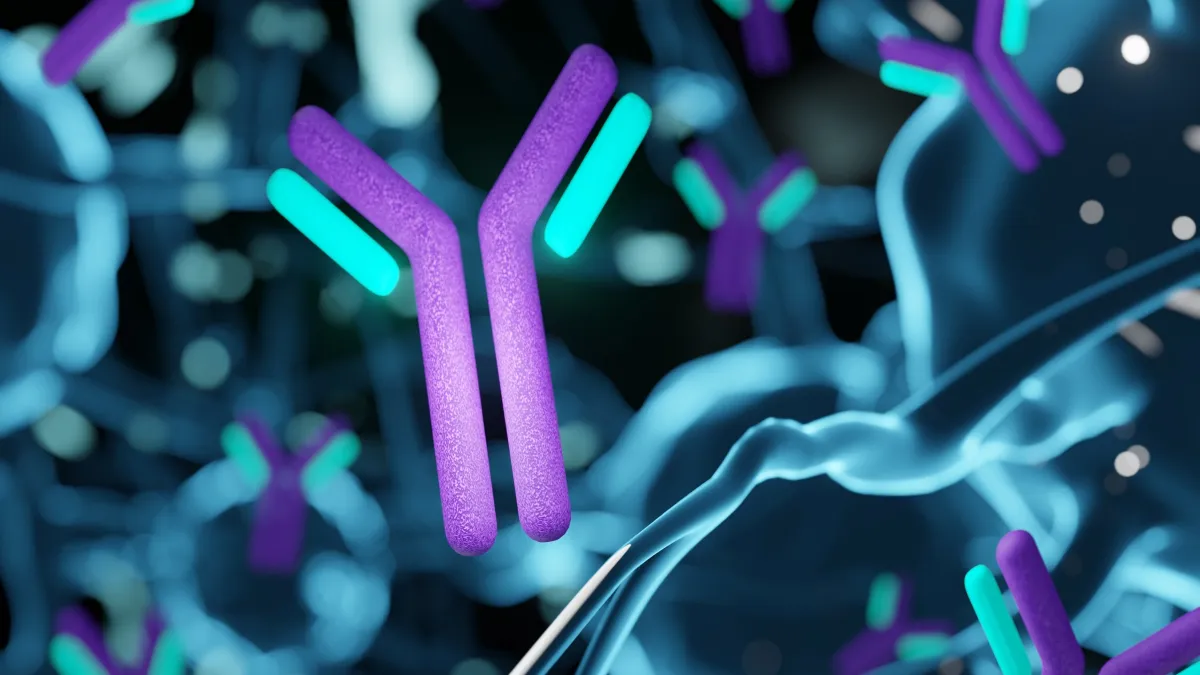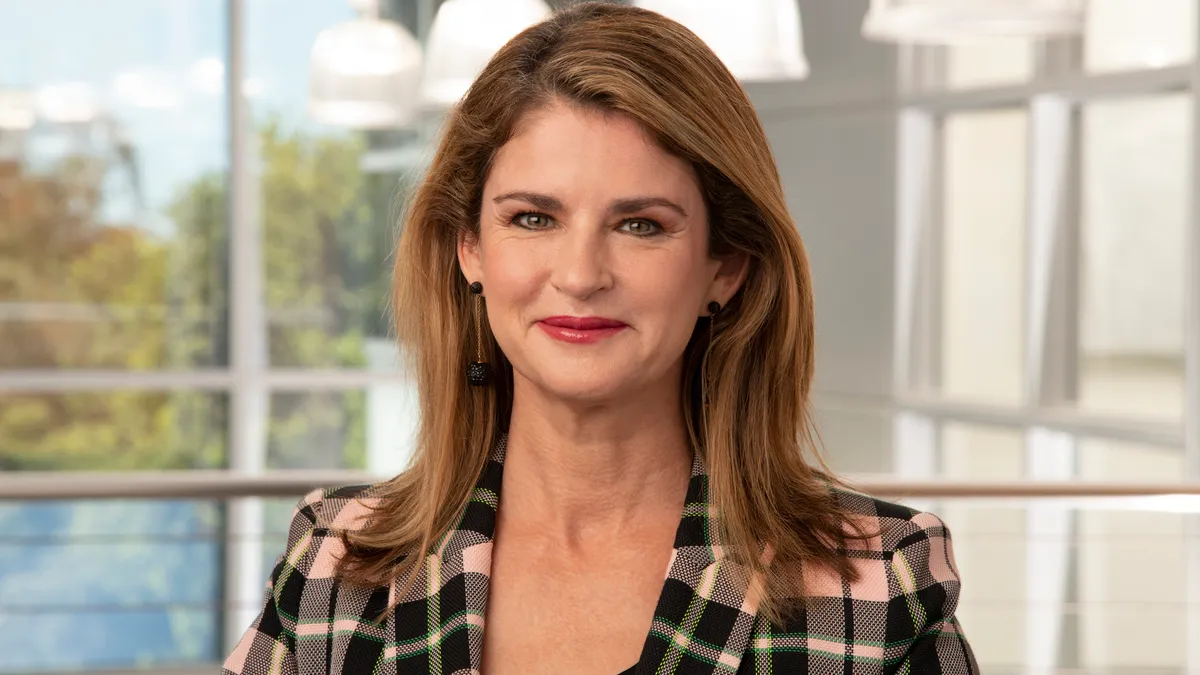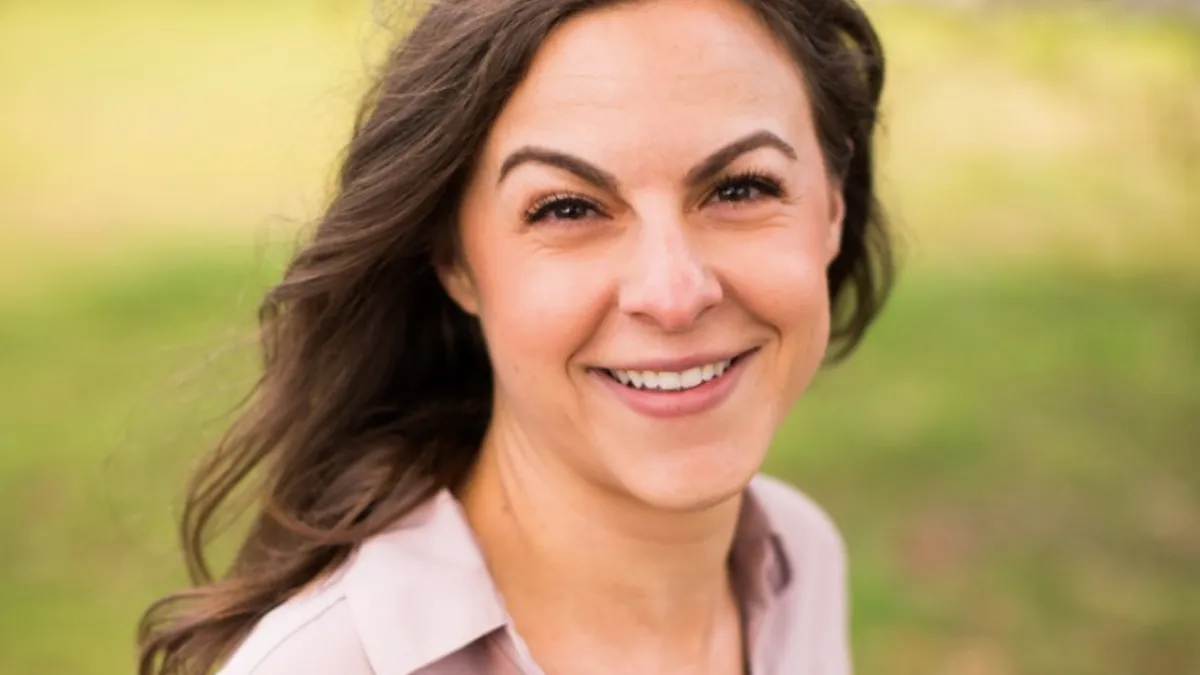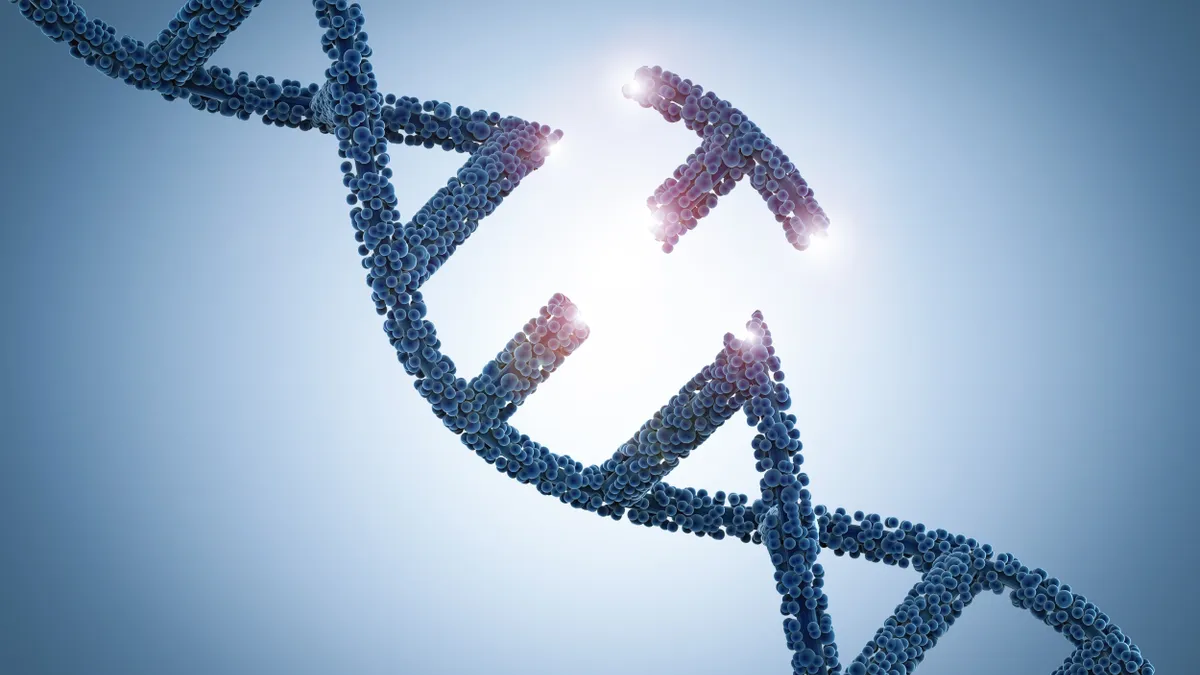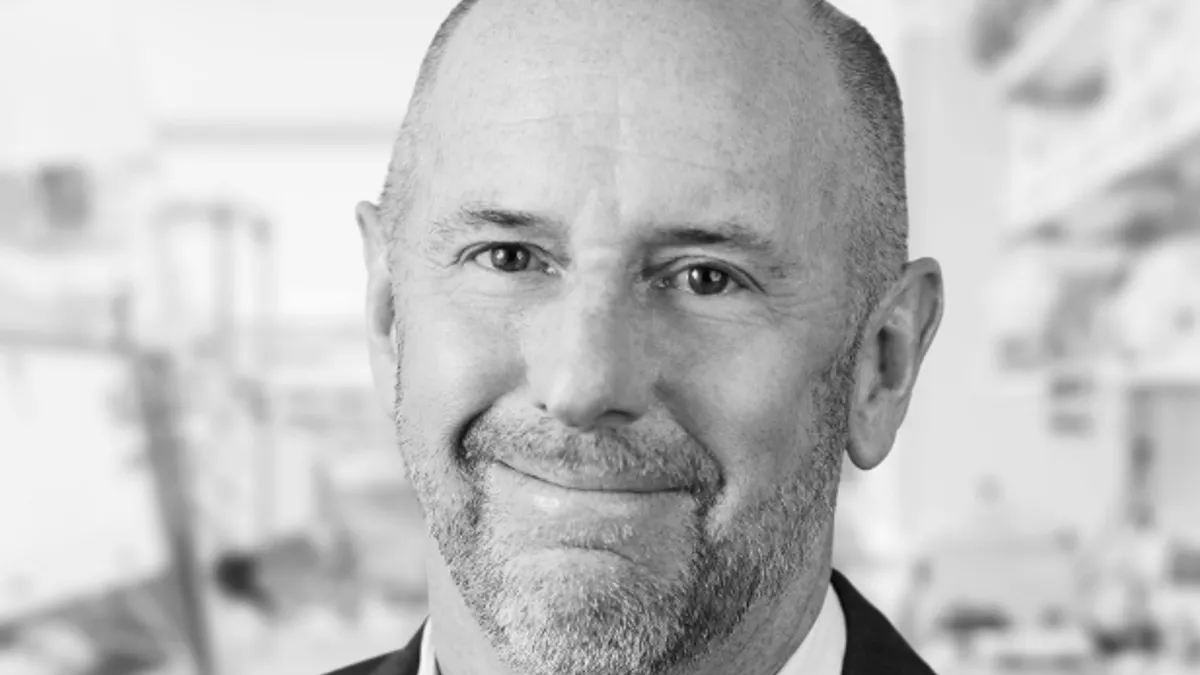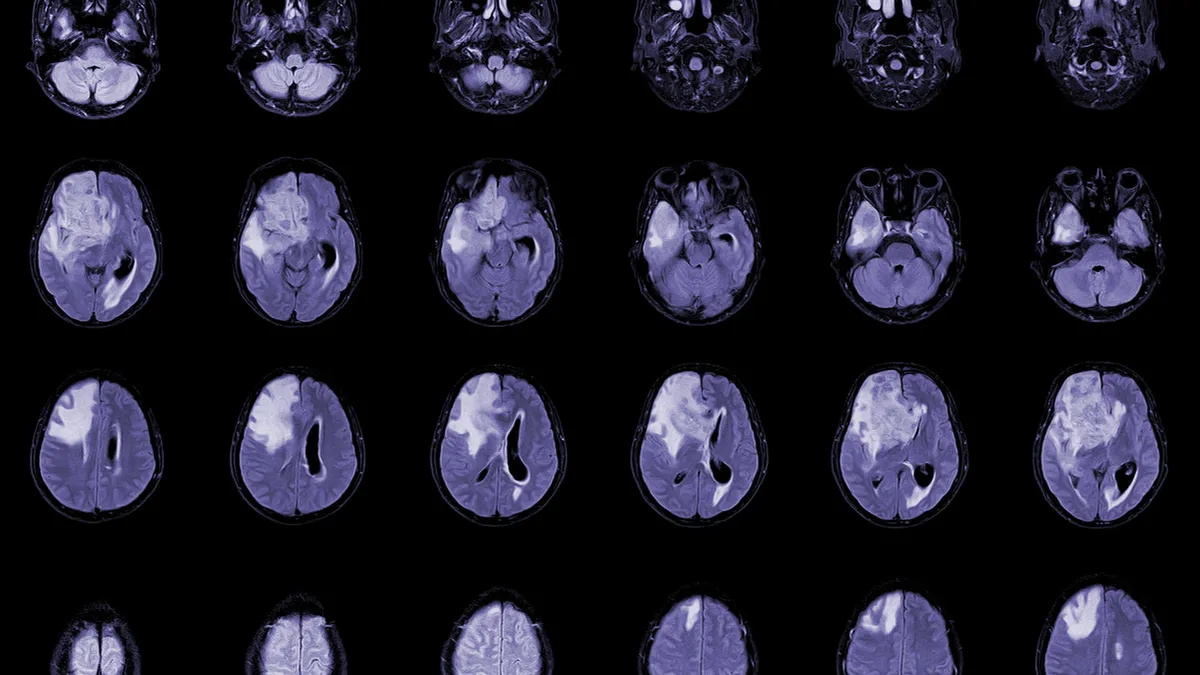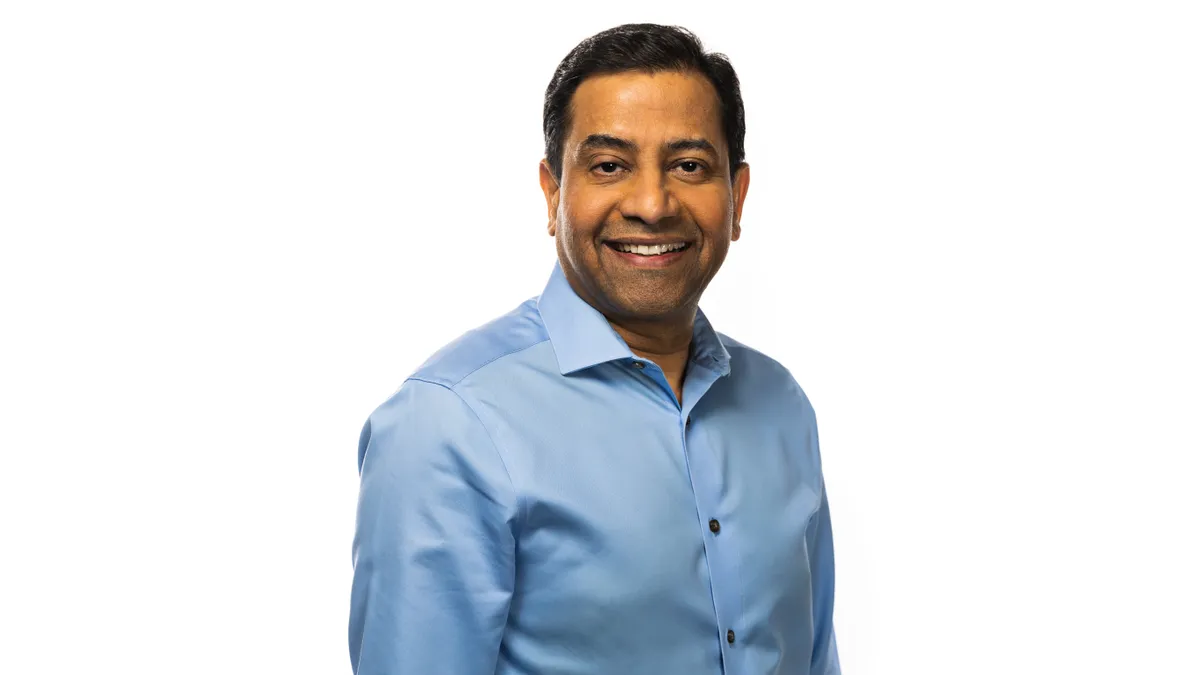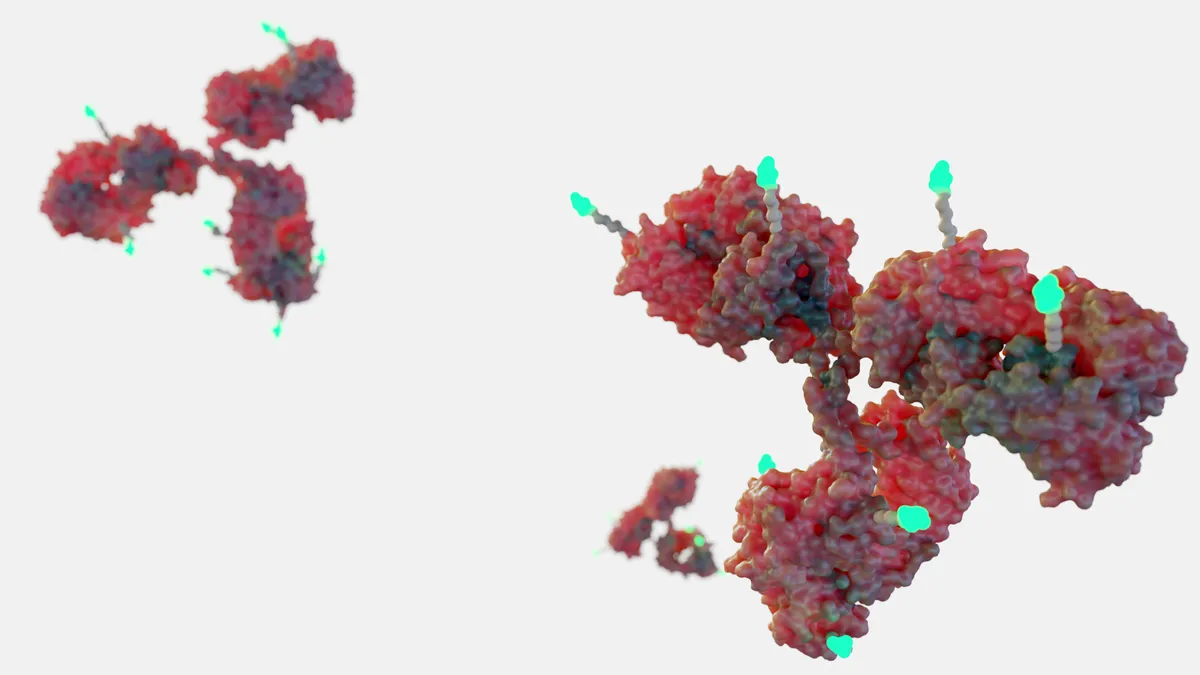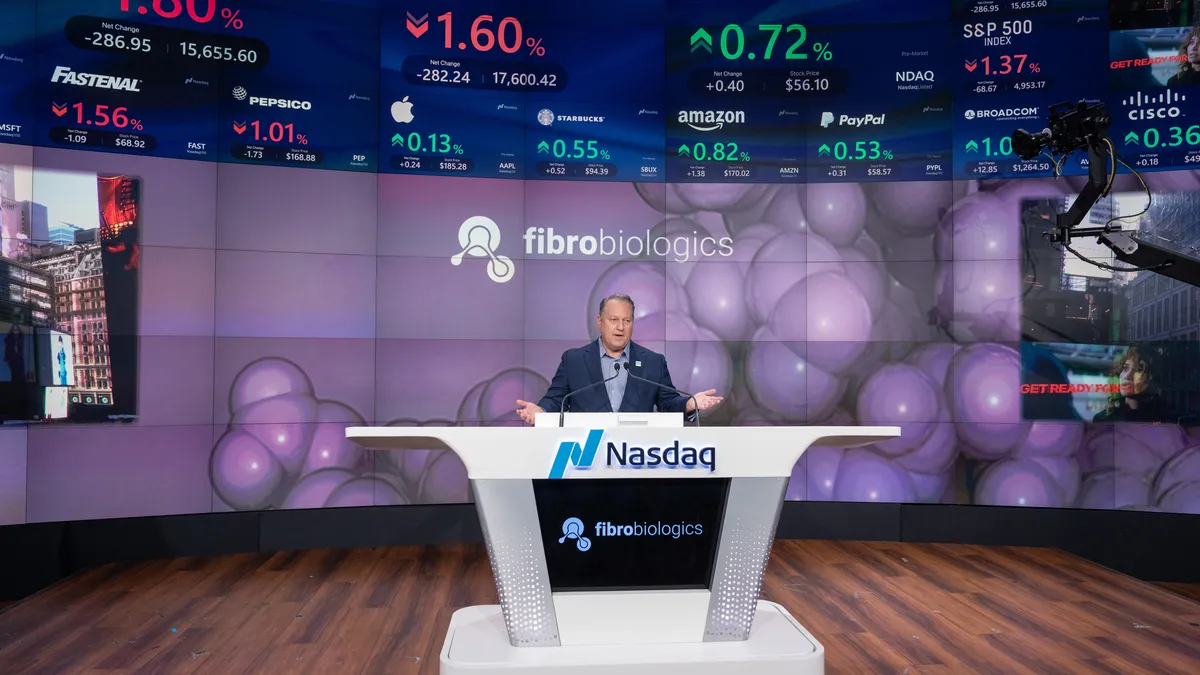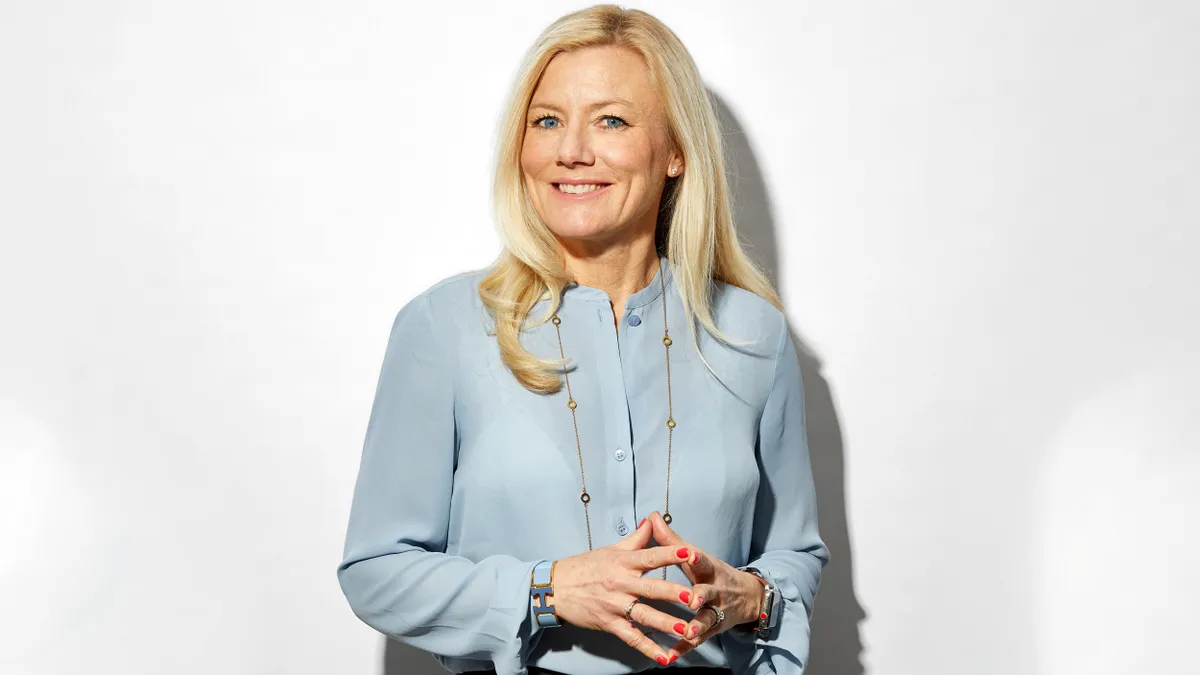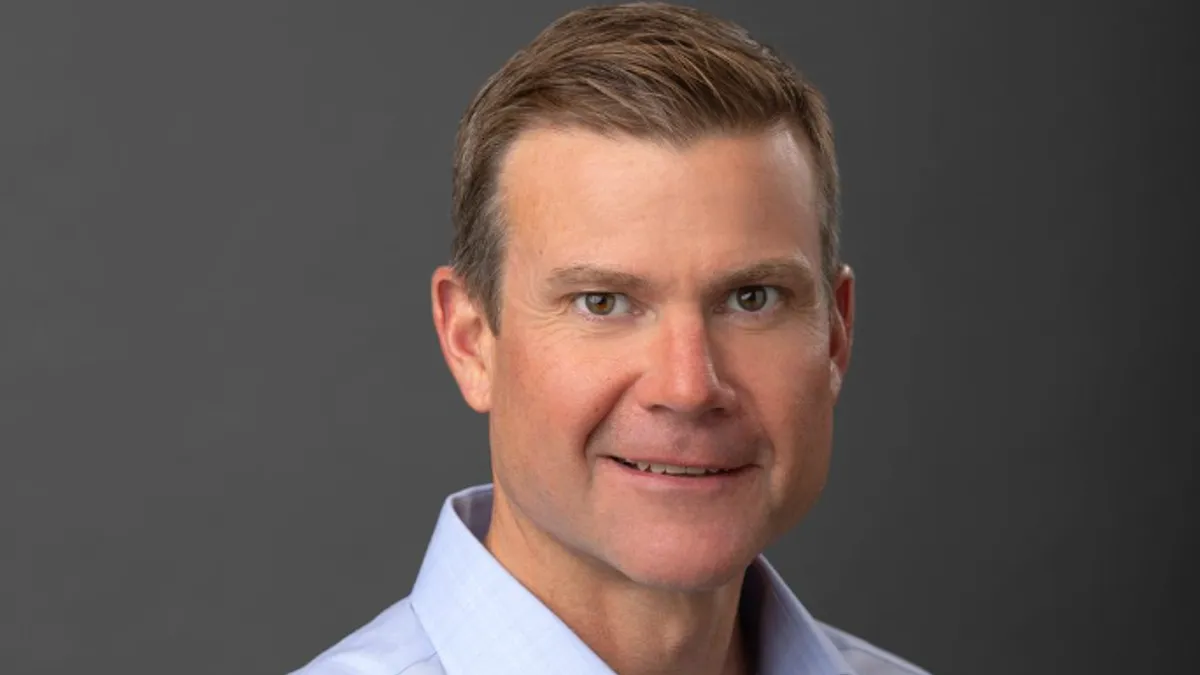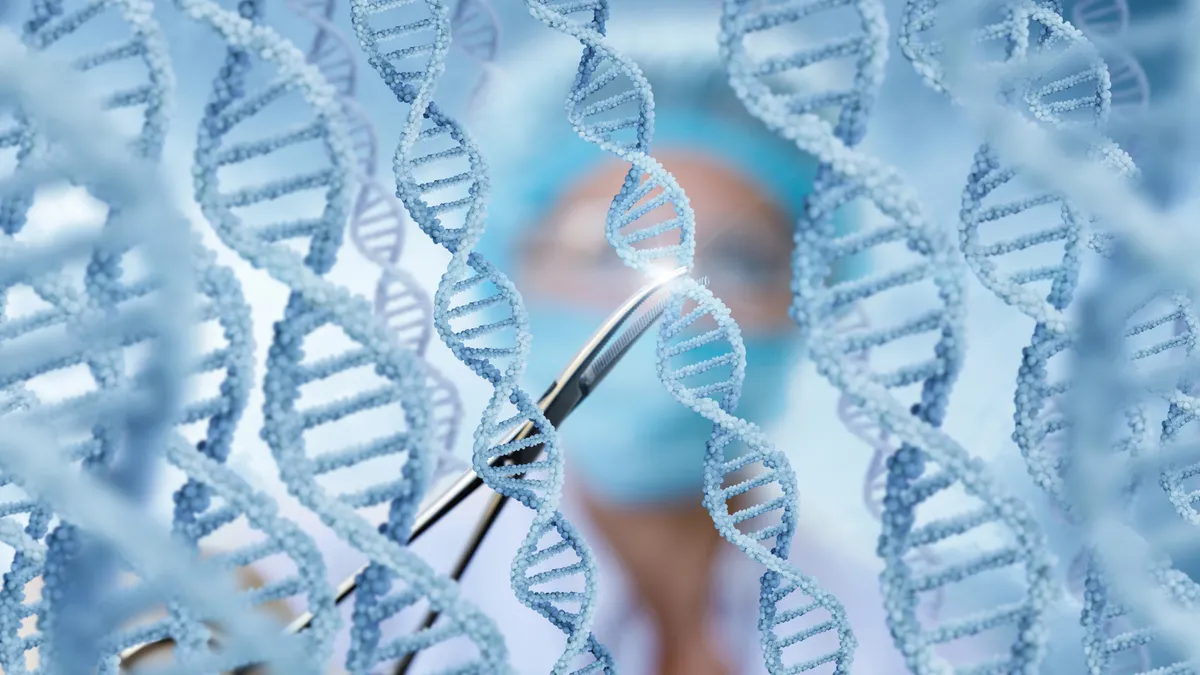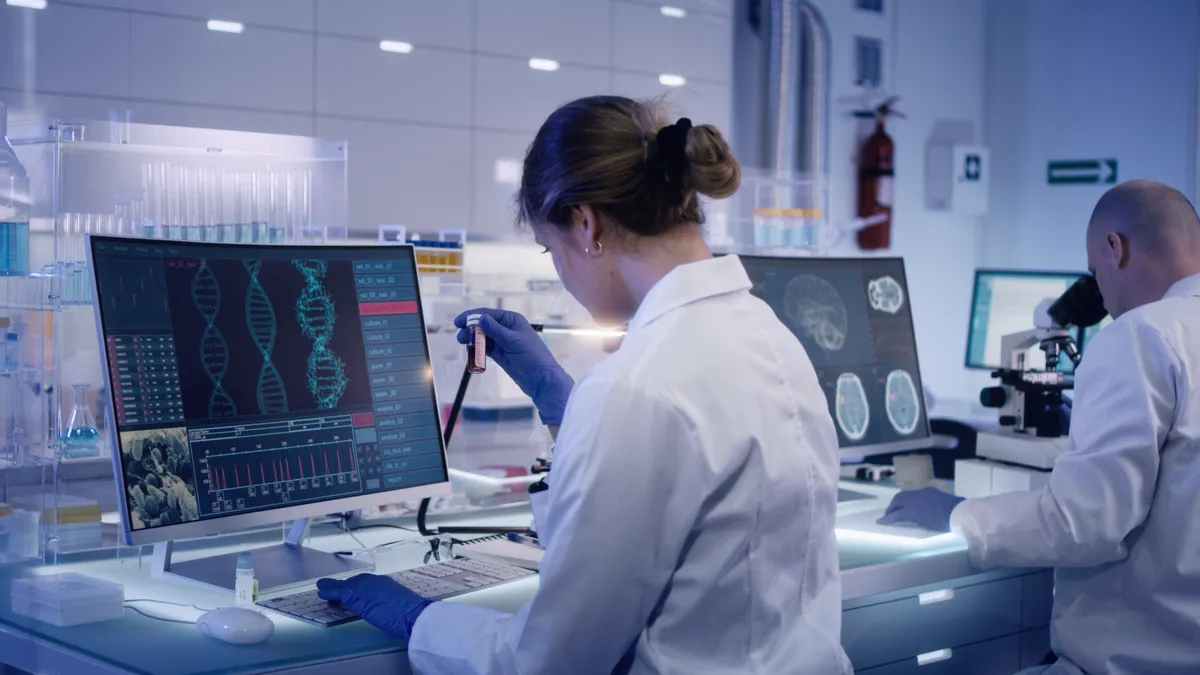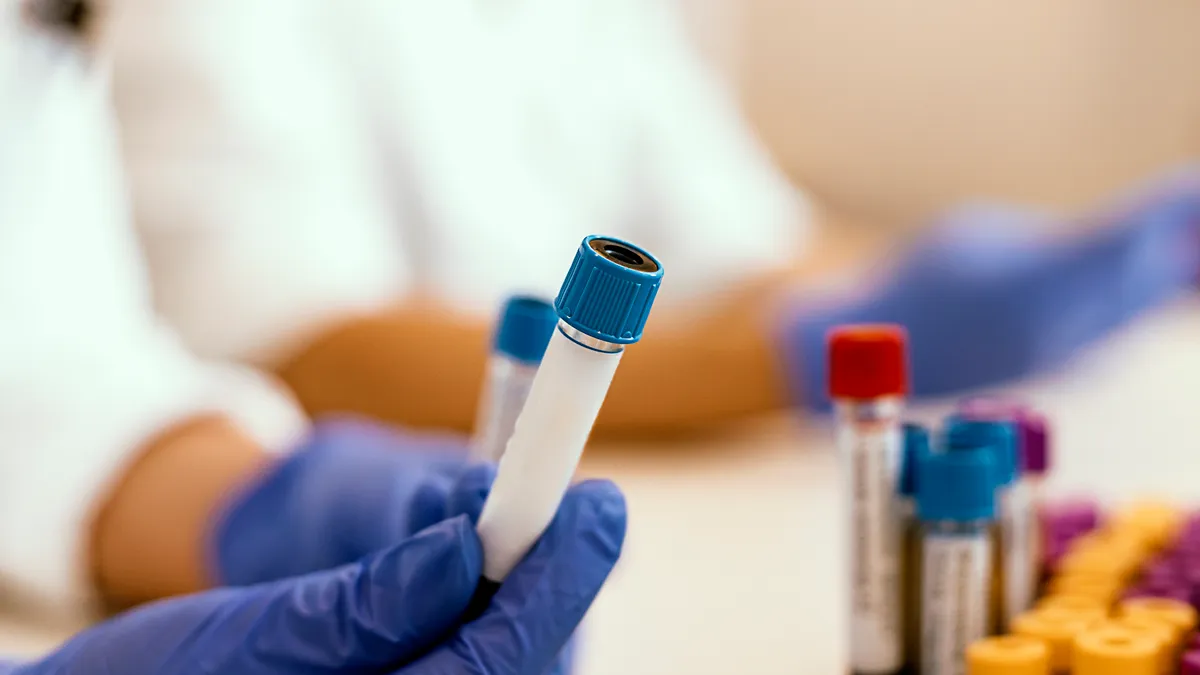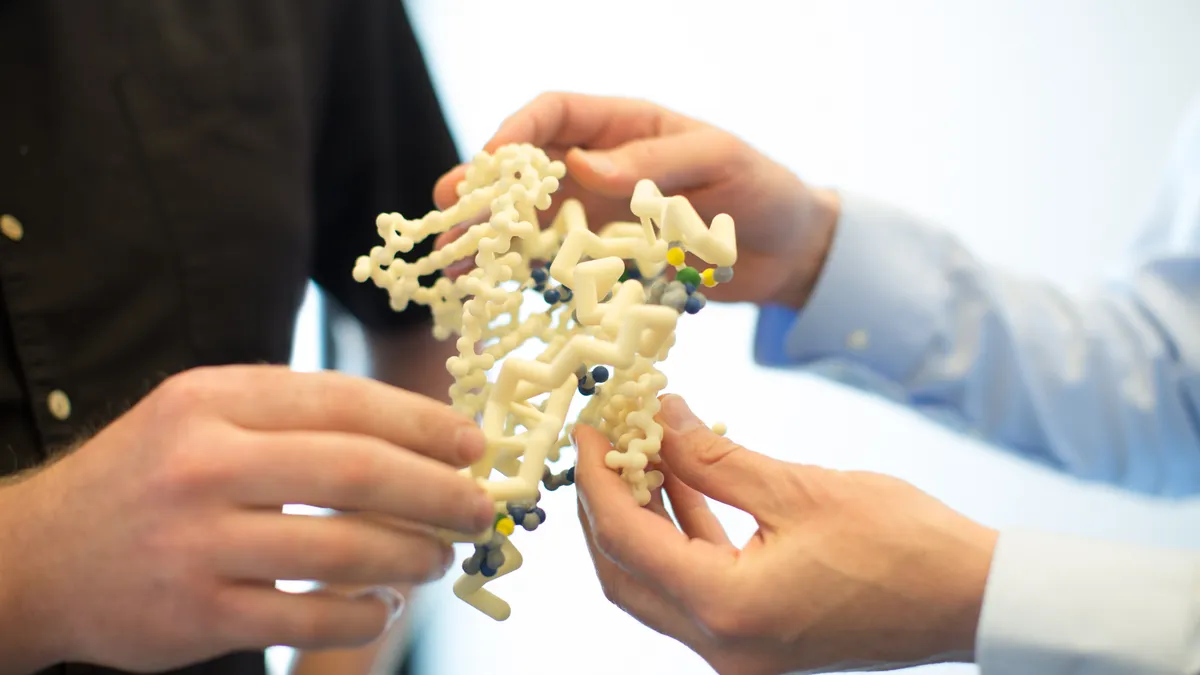Welcome to today’s Biotech Spotlight, a series featuring companies that are creating breakthrough technologies and products. Today, we’re looking at Faeth Therapeutics, which is pairing drug development with precision nutrition to treat cancer.
In focus with: Anand Parikh, CEO, Faeth Therapeutics
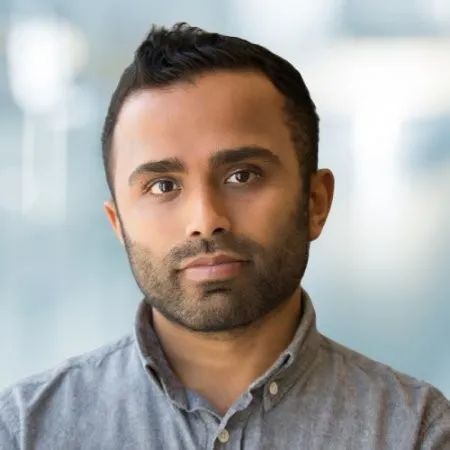
Faeth’s vision: Named after the Welsh word for metabolite, Faeth is built on more than a decade of preclinical research from three of its co-founders — Pulitzer Prize winner Siddhartha Mukherjee, cancer metabolism pioneer Lewis Cantley and Cancer Research U.K.'s former chief scientist Karen Vousden — whose separate streams of research led them to the conclusion that “precision nutrition was an untapped treatment modality in the fight against cancer.”
Together, they founded Faeth in 2019 with a goal to integrate precision nutrition into cancer care, and shortly after, Parikh joined the team with a vision for “exactly how to deliver” the idea. The company’s multifaceted approach pairs metabolically-engineered diets that are designed to withhold nutrients from tumors and stop their growth with existing therapeutics.
“We believe that the diets, if designed and put in the right patient population, will have anti-cancer effects themselves and will also potentiate the drugs,” Parikh said. “Imagine if HelloFresh could be designed in such a way where it was starving your tumor of the nutrients it needs to grow, but then was also making the drug more effective. We believe that potentially both those things are possible.”
At a glance: While the company’s treatment model does include chef-crafted entrees — like some consumer meal-kit companies — it’s taking a drug-development, rather than consumer, route to market, Parikh said. To date, Faeth has launched three ongoing phase 1 trials, including one testing the ability of an insulin-suppressing diet to enhance the efficacy of Takeda’s phosphoinositide 3-kinase inhibitor (PI3K inhibitor) Serabelisib in patients with mutant clear cell ovarian, endometrial and colorectal cancers, as well as two trials for an amino acid restricted diet for management of metastatic pancreatic and colorectal cancers in combination with indication-specific chemotherapy regimens.
While pharma has long looked at the impact of food on drug absorption, Faeth’s programs aim to prove that diet can impact much more than that.
“We think about food in terms of what happens at the tumor microenvironment level, but also the systemic metabolism level and how it can impact the drug’s efficacy, not just its absorption,” Parikh said.
"Imagine if HelloFresh could be designed in such a way where it was starving your tumor of the nutrients it needs to grow, but then was also making the drug more effective."

Anand Parikh
CEO, Faeth Therapeutics
In the future, the company hopes to tackle a range of other cancers as well, Parikh said. So far, its machine learning discovery platform MetabOS has found thousands of engineered-diet and drug pairings that Faeth could take to the clinic, he said.
Why it matters: While certain conditions such as diabetes and gastrointestinal disorders like celiac disease have long been treated with dietary interventions, research and development of precision nutrition for other conditions is just entering the mainstream. For instance, in 2022, the National Institutes of Health announced a new program to develop algorithms that predict individual responses to dietary patterns.
Parikh believes Faeth could play a major role in bringing precision nutrition to the forefront in drug development, and if successful, could create “an entirely new way to treat cancer that will sit alongside and be complementary to surgery, radiotherapy (and) traditional therapeutics.”
Only one other company, born out of research from Stanford, is working on a similar nutritional approach to starve tumors and treat cancer. The company, Filtricine, has a clinical trial for its candidate Tality in patients with prostate cancer.
“I would bet my life that there is a fundamental truth willing to be discovered that there is a way to modulate cancer through precision nutrition,” Parikh said of advancements in the research. “Even if Faeth is not successful, there will be someone else that finds it. I'm 100% certain of that.”
Here, he discusses the regulatory pathway for precision nutrition treatments, why he’s confident in Faeth’s approach and the future of diet as a clinically verified way to treat cancer.
This interview has been edited for brevity and style.
PHARMAVOICE: What is the regulatory approach for precision nutrition?
ANAND PARIKH: We absolutely want this down the line to be regulated as a drug. We've already culled an IND for our lead program, and that would be regulated like any traditional program. We want doctors to be prescribing this, we want to be integrated within NCCN care guidelines. I think that's a really important part of bringing precision nutrition to patients. After all, patients have already been doing kind of wacky and weird things with limited evidence base as it relates to nutrition and cancer for a long time. What we want to do is bring true evidence-based, proven medicine, to patients and clinicians, and have it have the imprimatur of approval of the FDA so that an oncologist knows that they can rely on this, that it's been vetted in terms of efficacy and safety. And that they can prescribe this precision nutrition intervention with confidence that it is going to help their patients. That's what we want. And that's what we're building to.
You are still in early science with these treatments — you just entered phase 1 trials for several programs. What gives you confidence about this technology so soon?
You made a good point that we're just moving from preclinical into clinical studies, but I think what's interesting is most interventions take a novel target or a novel cancer pathway and the very second they show any preclinical efficacy … someone raises a lot of money, probably too much money, and moves it into the clinic immediately. The interesting thing about precision nutrition is because people were unsure about how this could be delivered and whether it could be reimbursed, there has been way more preclinical work done than on your typical clinical program. So this has been de-risked almost five times, 10 times more than your typical preclinical program. The co-founders have been working on this for a decade. They have done every flavor of preclinical model that you can imagine — organoid models, genetically engineered mouse models, patient-derived xenografts — everything has been done. That was one of the really exciting things to me was that there is a tremendous amount of work that has been done here to de-risk this. So when we bring it into the clinic, we have a high degree of confidence that this is going to work.
Tell me about your license agreement with Takeda for Serabelisib.
Essentially, Lew Cantley, one of our co-founders and the godfather of the PI3K pathway, alerted us to the fact that what he believed was a very good PI3K inhibitor was available. And so we went out and worked with Takeda and others to get a license to that drug. So that's how that came about. We've looked at other metabolic targets that we believe are under-loved or could work better with diet, where maybe a drug by itself did not work, but a drug plus a diet could be very effective. We know that there were conversations internal to places like Agios (a company Cantley founded) that had a lot of success. That was really the first company of recent times to show the metabolic basis for cancer and how there were several targets that they looked at that were metabolic in nature. We know that there were internal conversations there where they believed there were assets that could work very well with diet. But you know, for a company like Agios, if a program needs a diet to work, it wasn't a good enough program. For us, if a program needs a diet, that's great, we can make it work, we know how to do that. That's a skill we have that they did not.
"I would bet my life that there is a fundamental truth willing to be discovered that there is a way to modulate cancer through precision nutrition.”

Anand Parikh
CEO, Faeth Therapeutics
There are lots and lots of programs that we are discovering. The PI3K program is a perfect example, where we think that drugs by themselves will have moderate efficacy. That's what we've seen thus far, in any approved PI3K inhibitors, they've been rather underwhelming. But we believe that with diet these drugs will be far, far more effective. And thus far, we've already seen some of our data with these diets, that it's having an impact.
You also have a machine learning platform. How is that helping to uncover some of these new metabolic treatments?
That machine learning platform that we painstakingly developed over two years is generating more hits than we know what to do with today. It's literally telling us, ‘Hey, think about pairing this drug with this nutrient in this type of cancer.’ And we were doing the experiments in the lab, and we're seeing an incredibly high success rate for the predictions that it's making. I believe once we blow open the doors to this, once we show some data that's positive in this area, then MetabOS going to be the way to interrogate all of biology, because ultimately, what we need are hundreds, if not 1000s of interventions. There's endless complexity and an endless number of lines of therapy, and organs of origin from which we are going to have to develop interventions. The only way to do that scalably is through machine learning.
With all of those, how are you choosing which ones to use?
Anything that has less than a billion-dollar market opportunity we put to the side. We look, like any company, at market opportunity overlapping with high unmet need. It's not perfect but given the sheer volume of things that we're seeing. it has to be the way that we do it.
What does the future of this space look like?
I think that it’s incredibly intoxicating to know that we have this head start, but over time, we're sort of lighting the torch for our own demise, where once we generate powerful data, other people will follow. Ultimately, we need more people because as I mentioned, there are thousands of potential interventions and we cannot develop them all ourselves. We don't have the bandwidth, capital or time. We need other people in this space. So, I think we will be the market leader because we have that head start. We've got the best research team; we figured out how to operate within the space. But over time, there will be more companies who enter this phase and we welcome it, because it validates the space, and it also brings interventions to patients who desperately need them.








